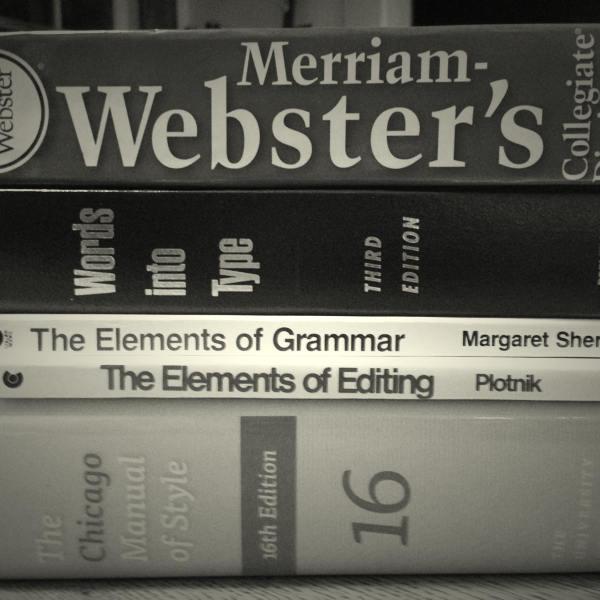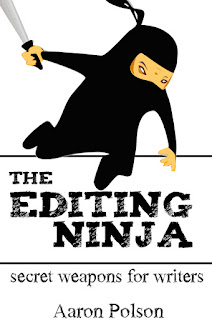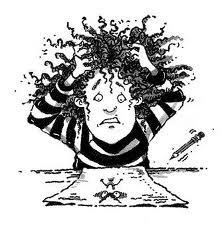about approximately, nearly, almost, approaching, close to
absolutely unconditionally, perfectly, completely, ideally, purely
activity action, movement, operation, labor, exertion, enterprise, project, pursuit, endeavor, job, assignment, pastime, scheme, task
add attach, affix, join, unite, append, increase, amplify
affect adjust, influence, transform, moderate, incline, motivate, prompt
amazing overwhelming, astonishing, startling, unexpected, stunning, dazzling, remarkable
awesome impressive, stupendous, fabulous, astonishing, outstanding
bad defective, inadequate, poor, unsatisfactory, disagreeable, offensive, repulsive, corrupt, wicked, naughty, harmful, injurious, unfavorable
basic
essential, necessary, indispensable, vital, fundamental, elementary
beautiful attractive, appealing, alluring, exquisite, gorgeous, handsome, stunning
begin commence, found, initiate, introduce, launch, originate
better preferable, superior, worthier
big enormous, extensive, huge, immense, massive
boring commonplace, monotonous, tedious, tiresome
bring accompany, cause, convey, create, conduct, deliver, produce
cause origin, stimulus, inspiration, motive
certain unquestionable, incontrovertible, unmistakable, indubitable, assured, confident
change alter, transform, vary, replace, diversify
choose select, elect, nominate, prefer, identify
decent respectable, adequate, fair, suitable
definitely unquestionably, clearly, precisely, positively, inescapably
easy effortless, natural, comfortable, undemanding, pleasant, relaxed
effective powerful, successful
emphasize underscore, feature, accentuate
end limit, boundary, finish, conclusion, finale, resolution
energy vitality, vigor, force, dynamism
enjoy savor, relish, revel, benefit
entire complete, inclusive, unbroken, integral
excellent superior, remarkable, splendid, unsurpassed, superb, magnificent
exciting thrilling, stirring, rousing, dramatic
far distant, remote
fast swift, quick, fleet, hasty, instant, accelerated
fill occupy, suffuse, pervade, saturate, inflate, stock
finish complete, conclude, cease, achieve, exhaust, deplete, consume
funny comical, ludicrous, amusing, droll, entertaining, bizarre, unusual, uncommon
get obtain, receive, acquire, procure, achieve
give bestow, donate, supply, deliver, distribute, impart
go proceed, progress, advance, move good satisfactory, serviceable, functional, competent, virtuous, striking
great tremendous, superior, remarkable, eminent, proficient, expert
happy pleased, joyous, elated, jubilant, cheerful, delighted
hard arduous, formidable, complex, complicated, rigorous, harsh
help assist, aid, support, sustain, serve
hurt injure, harm, damage, wound, impair
important significant, substantial, weighty, meaningful, critical, vital, notable
interesting absorbing, appealing, entertaining, fascinating, thought-provoking
job task, work, business, undertaking, occupation, vocation, chore, duty, assignment
keep retain, control, possess
kind type, variety, sort, form
know comprehend, understand, realize, perceive, discern
like (adj) similar, equivalent, parallel
like (verb) enjoy, relish, appreciate
main primary, foremost, dominant
make build, construct, produce, assemble, fashion, manufacture
mean plan, intend, suggest, propose, indicate
more supplementary, additional, replenishment
new recent, modern, current, novel
next subsequently, thereafter, successively
nice pleasant, satisfying, gracious, charming
old aged, mature, experienced, used, worn, former, previous
open unobstructed, accessible
part section, portion, segment, detail, element, component
perfect flawless, faultless, ideal, consummate
plan scheme, design, system, plot
pleasant agreeable, gratifying, refreshing, welcome
prove demonstrate, confirm, validate, verify, corroborate
quick brisk, prompt, responsive, rapid, nimble, hasty
really truly, genuinely, extremely, undeniably
regular standard, routine, customary, habitual
see regard, behold, witness, gaze, realize, notice
small diminutive, miniature, minor, insignificant, slight, trivial
sometimes occasionally, intermittently, sporadically, periodically
take grasp, capture, choose, select, tolerate, endure
terrific extraordinary, magnificent, marvelous
think conceive, imagine, ponder, reflect, contemplate
try attempt, endeavor, venture, test
use employ, operate, utilize
very unusually, extremely, deeply, exceedingly, profoundly
want desire, crave, yearn, long

























Robyn and Don:
Great interview. I know that this type of program would help many of my writing friends, too. What I love about this interview is your message that the main reason we need to learn grammar and punctuation is to make our message clear. YES! YES! YES! I completely agree with this. Thanks for sharing your software and the hard work that goes into it.